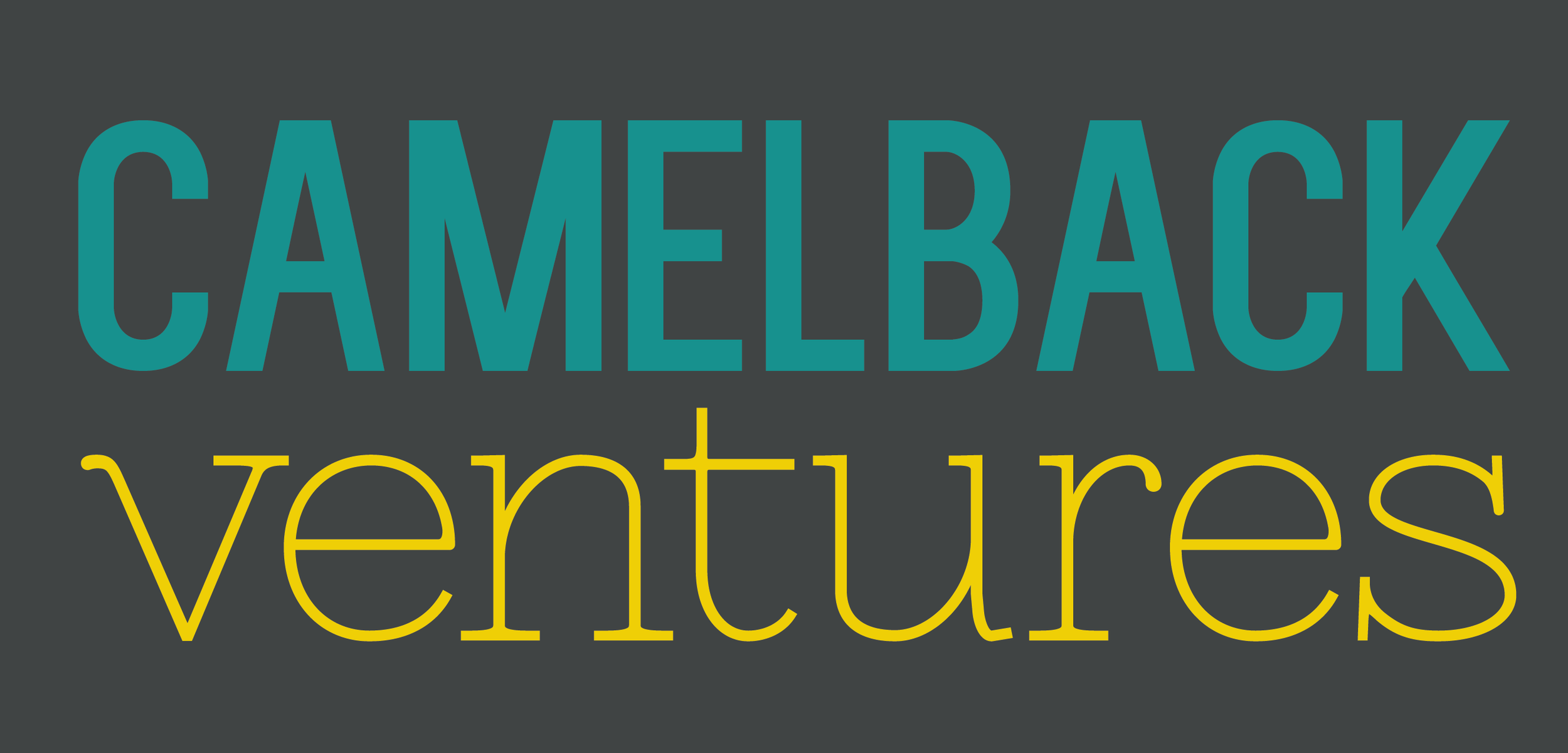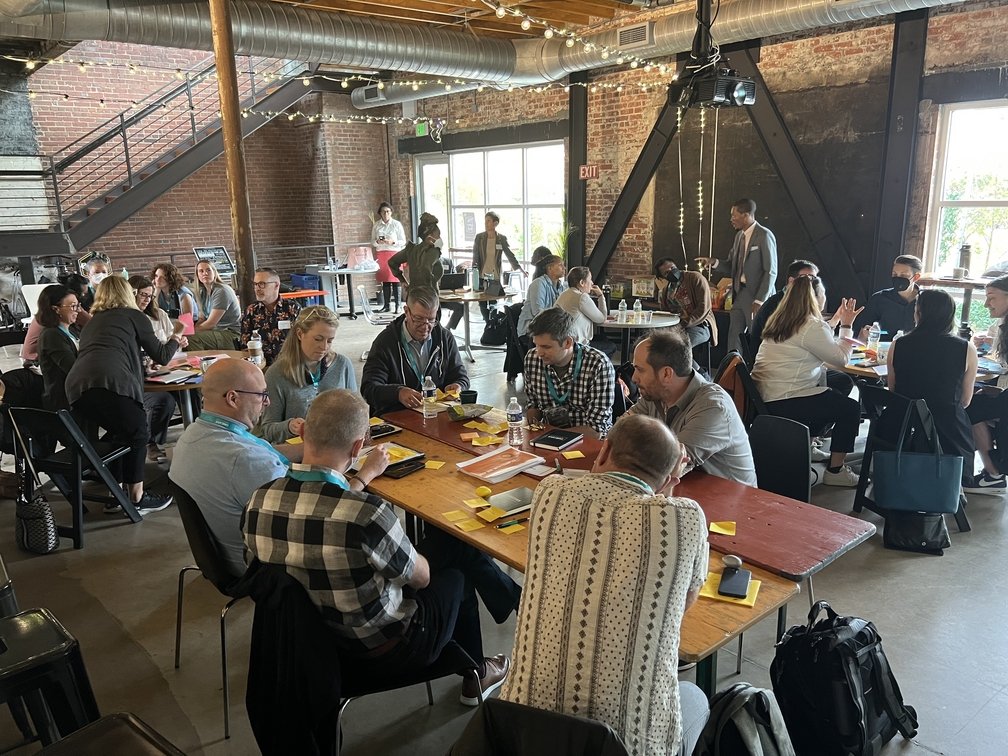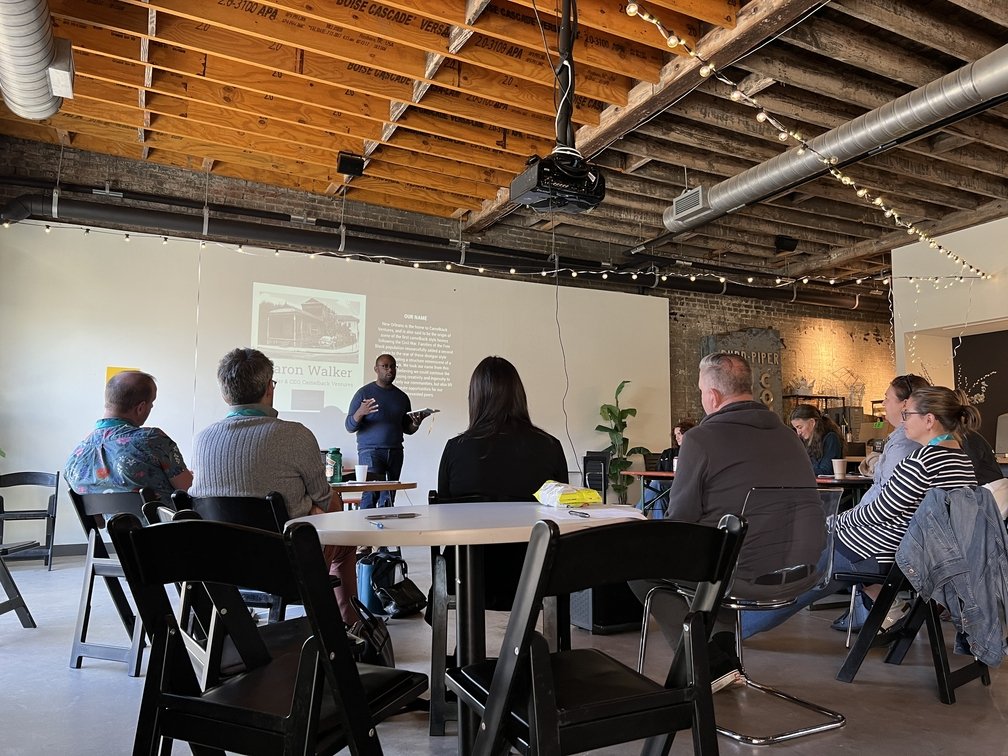Meet the Capital Collaborators: Stephen Copek + Blue Meridian Partners
Why did you join the Capital Collaborative?
At Blue Meridian Partners we had been doing quite a bit of intentional internal work related to racial equity, and I think I was a bit challenged in how to put my learnings into practice during my day-to-day work. I saw this as an opportunity to be in community with other philanthropy professionals that might be finding themselves in a similar place, learn best practices, and to be held accountable by folks inside and outside of my organization.
Why did you want to join a White affinity learning cohort?
In all honesty, I didn't think too much about joining a White affinity cohort as a driving factor for my decision to apply. However, after participating in the program, I find this design choice to be integral to the experience with it being as impactful as it was on me (and I imagine others). I don't think I fully appreciated this aspect of the program going into it. In particular, I think it has opened space for discussions and conversations that likely wouldn't happen in a multi-racial group and builds in a unique accountability structure among White professionals in an area where it can be easy for us to let the burden fall on our BIPOC colleagues.
What moment in the cohort will you remember years from now?
Being in Durham, North Carolina for Capital Collaborative Summit 1 and hearing directly from social entrepreneurs and their experiences navigating the philanthropic funding landscape is something that has really stuck with me. The conversations were unlike any that I have been able to be a part of as a funder.
Capital Collaborative Summit 1 in Durham, North Carolina
What advice do you have for White-identifying funders who are embarking on their own equity journeys?
First, I would say that this is part of the work. If we want the philanthropic sector to have its greatest impact, it is important for White-identifying funders to proactively engage as this is not work that will happen on its own. It's also not easy, and it's okay to take a step forward, couple steps back, and then another couple steps forward. If you're doing it right, that's likely going to be the felt experience. Give yourself time, but act with enough urgency so that you're not too comfortable.
What do you think philanthropy would look like if we centered equity and justice?
I think we'd spend a lot less time and resources constructing complicated theories of change and action that are in search of "programs" to solve for inequities that are the result of our government and institutions directly investing in the economic and social mobility of some families and not others. This current approach gets in the way of moving resources directly into and under the control of communities (often communities where resources have been or are routinely extracted and/or devalued), which is ultimately the direction that philanthropy should be looking to go.
The Capital Collaborative by Camelback Ventures works with White funders and social impact investors who want to deepen their individual and organizational commitment to racial and gender equity in philanthropy — but may not know how. You can learn more about how to get involved by submitting an interest form for the Capital Collaborative’s next cohort or signing up for the newsletter.




